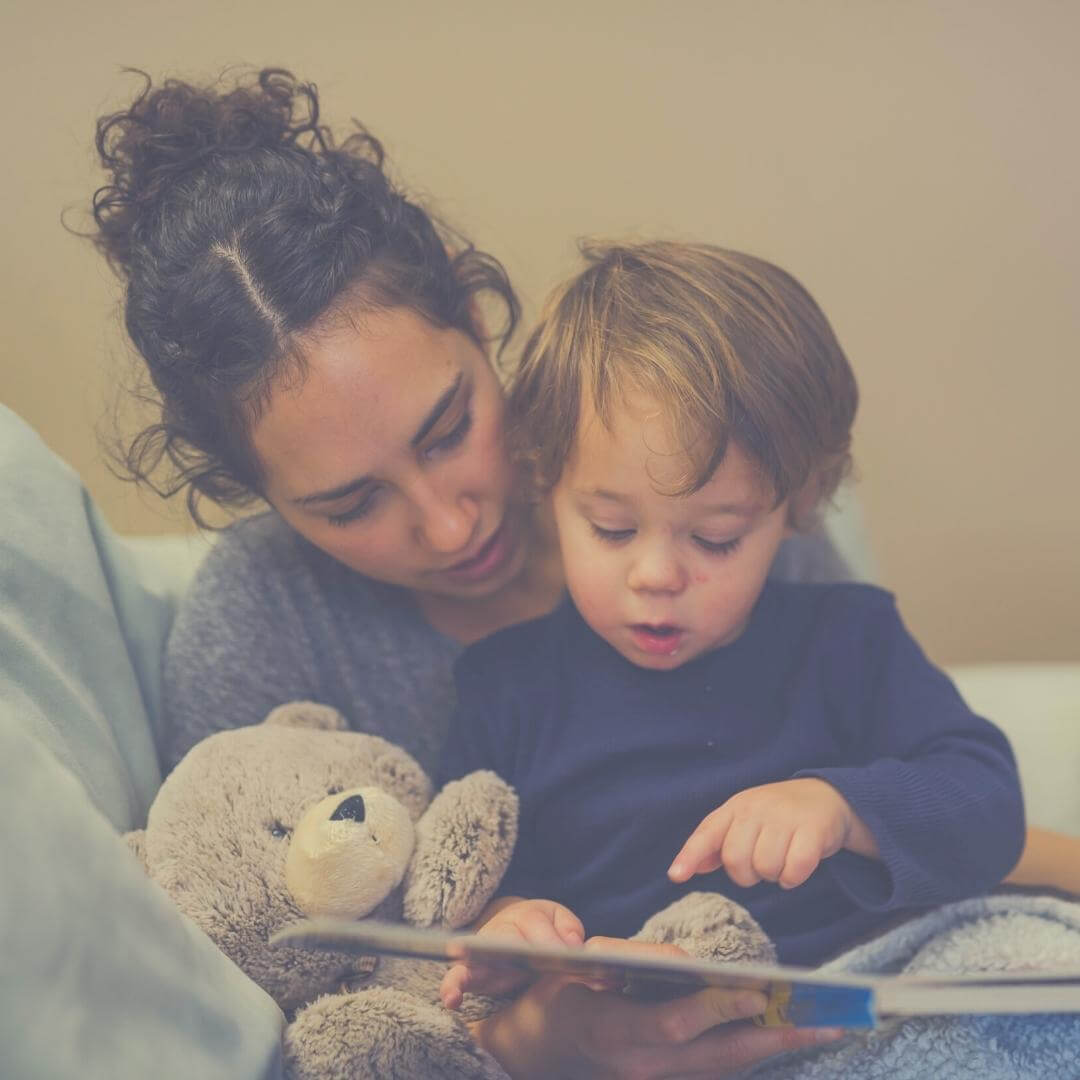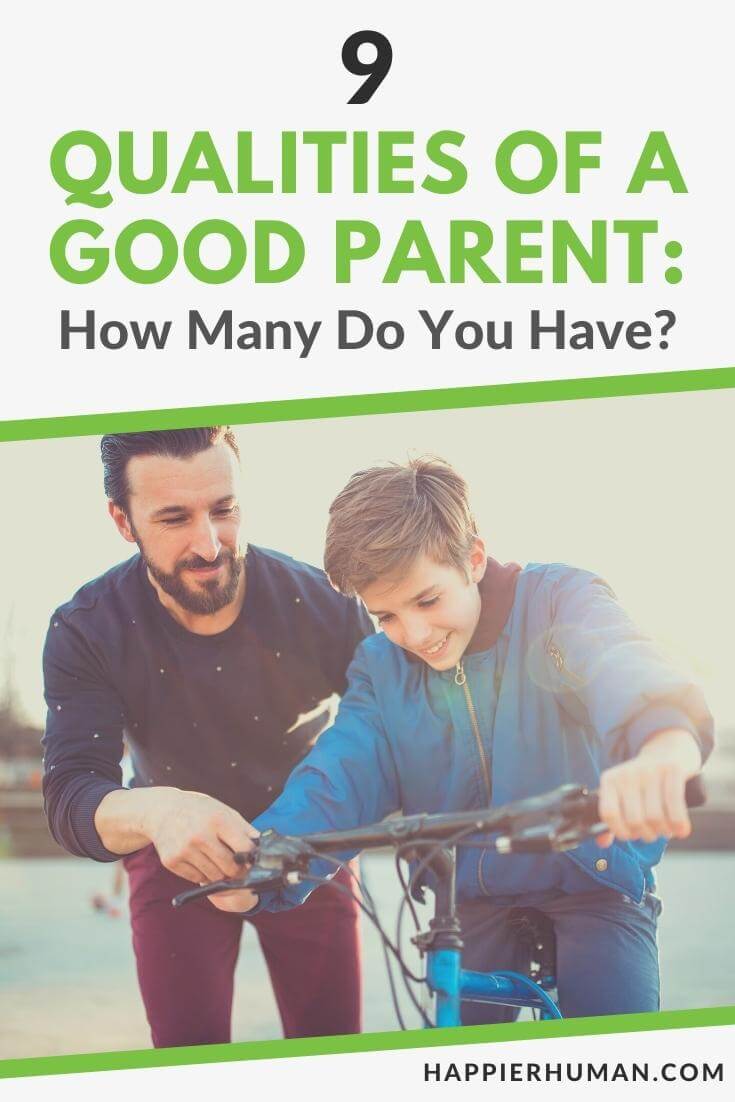If you’re reading this article, you’ve likely been tested as a parent at some point. No matter what age your child is, they will challenge you… whether it is intentional or not. This is particularly common with children ages 2 and older.
Maybe you’re wondering why your toddler is happy one minute and throwing tantrums the next? Or why does your 8-year-old suddenly hate school? Or what your teenager is not telling you when they suddenly lose interest in after school activities or family time?
Let’s face it… no matter how big or small the problem may be, if you’re raising a child you’ve questioned yourself from time to time as to whether or not you have the qualities of a good parent.
You are not alone. As a mother of four children, now ages 7-12, I cycle through a gamut of emotions on a daily basis. I’m happy, worried, angry, anxious, afraid, hurt, tired, disappointed and proud regularly… to name a few. And I have amazing kids!
Still, they are just kids… and we are only human. Therefore, it is only natural to wonder what you could have done or said differently to change things and make yourself feel less guilty for responding poorly on occasion.
So in this article, we are going to target 9 qualities of a good parent. If you possess even a few of them, you’re on the right track! And the very fact that you’re reading this article means you want to be the best parent you can be… and are willing to try harder in the areas you may be lacking in, which puts you one step closer to a parenting win.
Quality #1: Set boundaries, this is not a democracy.
From the minute your child can speak and understand you, boundaries need to be set. I get it. It’s incredibly hard to go from holding that sweet infant in your arms one minute – to staring into the eyes of a toddler who just threw a block at your head without remorse.
Your initial instincts are to ask yourself where this is coming from? Possibly even to yell at the child… but neither will solve the problem if the child feels there will be no consequences for their actions. And this rings even more true the older they get.
As much as you want to be the happy-go-lucky, smiling parent who exudes patience and believes their tantrums and acting out are“just a phase”, you've got to stand your ground. Do not give in or show your hand… meaning, if you’re going to lose it in front of them, walk away. That shows weakness and can also lead to you saying something you don’t mean.

Keep your composure and reiterate why their behavior is unacceptable. Explain there will be consequences, whether it be a timeout or grounding. And no matter what… don’t go back on your word. As hard as they push back, you must stick to the course of action or they will test you over and over.
Although you want to be fair and encourage open and honest communication with your child, this is not a democracy. They don’t make the rules, you do. The best thing you can do is clearly state them so there is no confusion moving forward. In time, they will simply learn to accept and respect your rules.
Quality #2: Keep your anxiety and problems in check, aka “hold your s*** together”.
We all have bad days. And some are worse than others. Whether it’s our professional or personal lives causing us angst, it really isn’t our child’s problem… or at least, it shouldn’t be.
Like it or not, one of the key roles we as parents are asked to play is Protector – she who shields their child from the evils and sadness in this world. Sounds like we should get a cape or something, no?
This isn’t to say that you should never talk to your child about things going on in your life, especially if it may affect them directly at some point… but there is a time and a place.
For instance, if you’re upset because your boss has overlooked you for a promotion yet again, that isn’t something you need to share with or project upon your child. Instead, try to be grateful that you have a family to come home to and a job that pays the bills.
Conversely, if a close family member suddenly passes away, you’ll need to find a way to explain this to your child in age-appropriate terms they can understand. And once you do, it’s perfectly ok to let them see you go through the stages of grief. It may even become a teachable moment.
Knowing the difference between what needs to be shared with your child and what doesn’t is one of the profoundly important qualities of a good parent. If you need to talk about something that doesn’t (or shouldn’t) affect them, look to a friend or family member instead. There are also online therapists and apps for more serious issues, such as increased anxiety or depression.
Your child looks up to you, whether you realize it or not. This means you have to be right with yourself in order to be the best example for them. If you are anxious in front of your child, chances are your child will eventually develop anxiety worrying about you.
Quality #3: Don’t be afraid to give them responsibilities at every age.
Once your child is old enough to tell you what they want, or don’t want, it’s time to teach them a thing or two about responsibility. There are age appropriate chores that children can do, which can benefit the both of you.
For starters, a child who learns to be responsible at an early age will likely appreciate you more and be less inclined to take you (or things) for granted. They will learn the value of working for what they want, and also develop feelings of self-pride for their accomplishments.
These children are also more likely to grow up to be responsible adults. They will be prepared to take care of themselves when the time comes and know how to thrive in the workplace.
As for you… perhaps you’ll gain more time to enjoy the simple pleasures, such as reading a book outdoors, because you have one less bedroom to clean or load of laundry to do that day. Or maybe you and your wife will finally have that much needed date night while your teenager babysits.
Teaching responsibility to your child is a win/win for the both of you. Just remember to be realistic in your expectations.
Quality #4: Don’t argue with your partner in front of them.
I cannot express the importance of this one enough. If you’re wondering if you have the qualities of a good parent, start by taking a good look at the relationship you have with your partner.
Couples bicker, nitpick… even fight from time to time. It’s a part of life. That said, doing so in front of your children is never ok, especially when the child is old enough to pick up on it.
While you may be telling yourself that your child is too young to ever remember, science has shown that even infants can sense tension. Kids are incredibly attuned to our body language, which often speaks volumes when you’re arguing. Think about it… nobody smiles when they are unhappy or hangs their head when they’re proud. Nobody flinches because of a handshake or a hug.
Like it or not, your kids are watching you every second and reading between the lines once they are able to. If you want them to one day be in a healthy, loving relationship… you need to set the tone. Teach them early about respect for others and the importance of productive and cordial communication by being discreet with your marital hiccups.
Save the arguments for when you’re alone. Or if you feel one brewing, step away and cool down so that you can possibly avoid the argument all together and engage in a meaningful and honest conversation later.
Quality #5: Know their friends.
If you have children ages 10 or younger, the word “playdate” is something you’re likely all too familiar with. We do most of the work arranging these playdates when our children are small in an attempt to not only potentially make new friends for ourselves; but, to also make sure that our children are socializing with a variety of nice kids.
Playdates also teach valuable lessons to children – such as respecting other people’s homes and things, as well as sharing and being polite. Playdates are a vital part of childhood.

But what happens when your child enters the double digit tween and teen years? For starters, the word playdate is no longer cool. It’s now referred to as “hanging out”. And the kids will often start arranging these “hangs” themselves via text or video chat… simply asking us for permission to go afterwards, which leads to questions.
Which friend is this? Do I know them?
Sadly, we don’t know all of our kid’s friends as well as we’d like. My 12-year-old son, for instance, has started playing video games online with other kids – some of whom I’ve never met. I’ve only heard them chatting during the game, or occasionally they will come up in conversation at the dinner table. But I don’t know them the way I know his friends from elementary school. And I certainly don’t know their parents.
Even if it means you may come across as being “uncool” or a helicopter parent, you have a right to ask questions and be involved when it comes to who your child is spending their time with… especially as they get older and dangers and certain temptations become more real. Getting to know the other child’s parent is also key, whenever possible.
When our son wanted to hang out at his friend Jon’s house for the first time, my response was “Let me talk with his mom first. It shouldn’t be a problem.” Now, I’d heard our boys chatting online playing Minecraft for over a month. They met in a class at school and became friends, but their relationship had never left the screen.
So, I texted Jon’s mom and we went back and forth for a while. I thanked her for the invite and told her I’d feel more comfortable if she’d bring Jon to our house for the first time and consider staying for a drink or snack while we chatted a bit more. She was fine with that and stayed for about 15 minutes, then left her son to play here. They played well and, since then, the boys have had a number of “hang outs” at both houses… and our families have even become friends. We’ve all spent time by the pool and firepit.
I refer to these families of my older children as my tribe and here’s why: if we as parents get along, everyone will be more inclined to look out for each other’s kids. And that is so important as they navigate the murky waters of middle and high school.
Your child may tell you to “chill” now… but they will appreciate your involvement later on in life. Trust me on this. No child ever grew up to say, “My parents cared way too much when I was a kid. They were the worst!”.
Quality #6: Accept them for who they are and encourage independence.
Not all children are cut from the same mold, not even your own children. You may have one that is super athletic and confident… and another that prefers to keep their nose in the books all day.
One of the best things you can do if you want to master the qualities of a good parent is let them be who they are. Accept and love them for their strengths, weaknesses and quirkiness. Embrace it.
My youngest son is seven and used to love the color pink and wearing dress shoes. He would go to preschool in a pink plaid shirt, track pants and black dress shoes. While it wasn’t entirely practical for the playground, it made him happy and nobody teased him. In fact, he made quite a few friends (many of them girls) just by being himself.
While his new favorite color is green, he still beats to his own drum. He’s always dancing and smiling. He’s comfortable in his own skin and it’s in large part because we let him be himself and taught him not to care what people think.
As your kids get older, they will come across all different types of kids. If you preach acceptance and independence at a young age, your child will grow to be a more tolerant and accepting adult. This is so vital to the future of our world.
Quality #7: Spend quality time with them.
Time is not something we can ever get back. We all too often hear people say after their children are grown, or a loved one passes, “I wish…”.
I wish my daughter still cuddled with me the way she used to.
I wish my father knew just how much I valued what he taught me.
Don’t live a life with any regrets, or spend time looking backwards when you should be looking at the here and now. Your children are only this age once, and you should take in as much quality time with them as you can before they’ve grown and left the house.
No matter their age, your child needs you… and spending quality time together will let him know that he is the most important thing in your life. Even if you work long hours, you can pencil in as little as 30 minutes per day to share a meal (or simply a snack) together.
You can also work him into your exercise routine and invite him along for your evening jog. Attend his baseball game one week, or simply spend a few minutes chatting at night before he falls asleep.
In fact, my 12-year-old’s favorite time to “open up” appears to be bedtime. I sit at the foot of his bed and ask him how things are going – it’s that simple. I cherish these moments, in large part because I know they won’t last forever… but I can still hope.
Quality #8: Never be afraid of showing them affection.
Showing affection doesn’t have to equate to you kissing your teen on the cheek in front of her friends. Affection can be subtle and discreet… it can be a wink, a pat on the shoulder or simply a look. No matter the method, if executed properly, your child will feel the love.
My elementary aged children still give me huge hugs and kisses before they get on the bus in the morning. My older two in grades five and seven prefer a whispered, “Iove you” and “see ya later, bud”.

But they still crave my affection at home, or always welcome a pat on the head or back… even in public. I strongly believe this is because they’ve been bathed in affection their entire lives. So if you’ve been showing some love all along, keep it going! If you’ve been more of the “high five”, understated affectionate type, it’s not too late to amp it up a bit.
As an added bonus, studies show that kids who are shown affection early in life typically turn out to be happier, smarter and well adjusted. And to think… all it took were a few extra hugs.
Quality #9: Teach them empathy.
As parents, our inclination is to shelter our children from the bad things going on in this world. We want them to believe that nothing bad will happen to them, as long as we are there to protect them.
There is nothing wrong with that except….
Life isn’t always sunshine and roses. People are suffering everyday… struggling to pay bills and put food on the table, dealing with domestic abuse or having to raise a child alone.
These are just some of the problems families face, yet it doesn’t even scratch the surface. As much as you try to shield your kids from life’s misfortunes, they are bound to find their way into your home at some point, and questions will arise.
There is little doubt your child will one day make a friend whose parents are “absent” or maybe even abusive. Or a friend who can’t afford new clothes and is bullied daily.
One of the critical things you can do for your child is teach them empathy early on. Teach them to be grateful and count their blessings. Tell them that each day is a gift and nothing is guaranteed tomorrow. Preach kindness towards those less fortunate.
Volunteering as a family is a great way to teach empathy to your child. You can work together to find a cause you care about and spend the day helping those less fortunate.
Final Thoughts on Qualities of a Good Parent
As I mentioned at the start of this article, if you’re asking whether or not you have the qualities of a good parent… you’re already ahead of the game. You want to be the best parent you can and are determined to do so.
That being said, you need to know that nobody is perfect. We will all make mistakes on this rollercoaster ride we call parenting. The important thing is to learn from them. With older children, you may also want to admit from time to time that you don’t have all of the answers, but that you are doing your best to guide them down a righteous path.
Letting them know how much you love them on a daily basis, be it through words or actions, is the best thing you can do. It’s the foundation you need to build the rest of your relationship. Incorporate a few of the building blocks discussed here and, chances are, your child will grow up having everything they need.

Nicole Krause has been writing both personally and professionally for over 20 years. She holds a dual B.A. in English and Film Studies. Her work has appeared in some of the country’s top publications, major news outlets, online publications and blogs. As a happily married (and extremely busy) mother of four… her articles primarily focus on parenting, marriage, family, finance, organization and product reviews.


